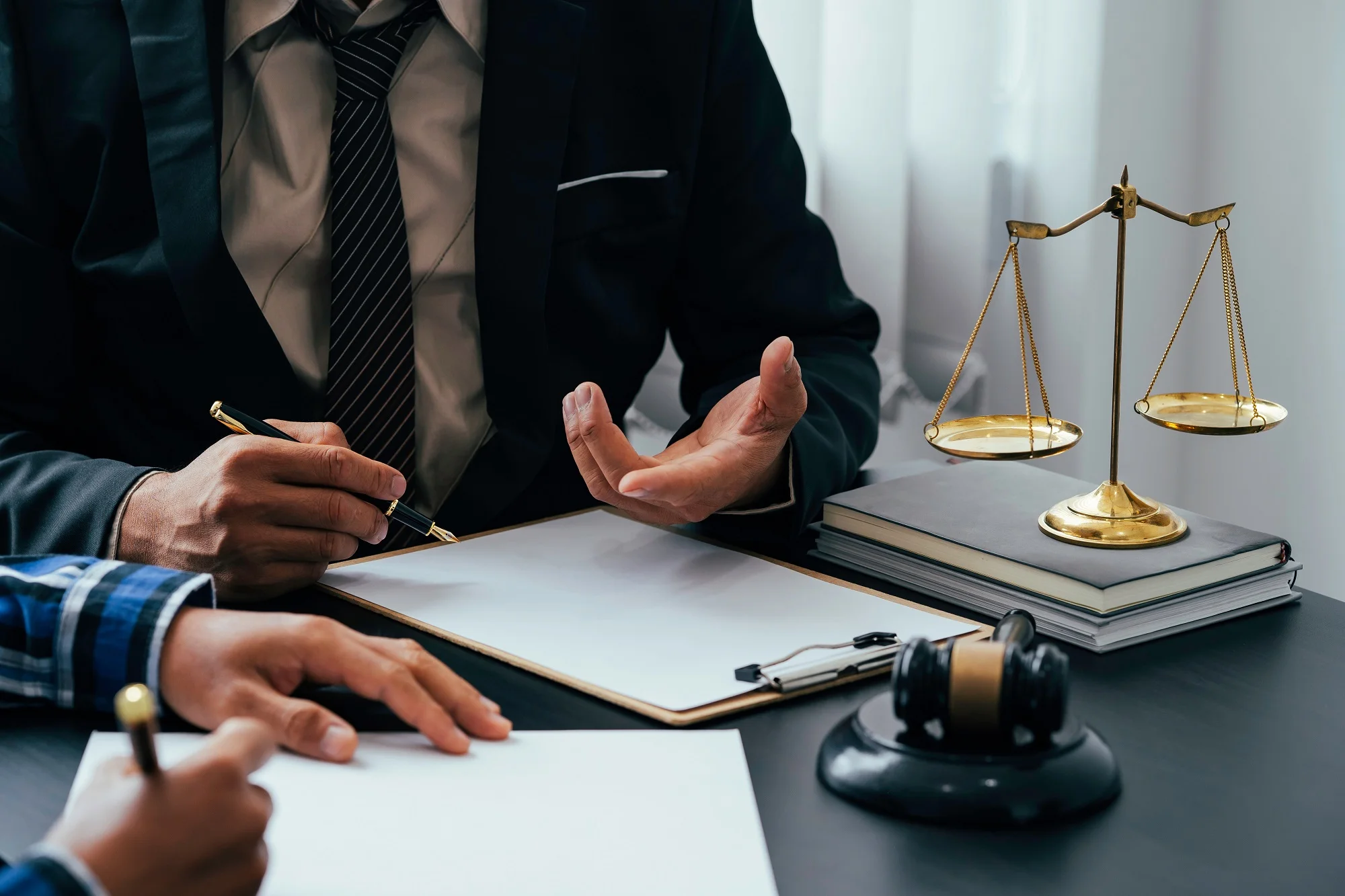
Criminal defense lawyers play a pivotal role in the American justice system, ensuring that every individual receives a fair trial and that justice is served, whether that justice results in acquittal, reduced charges, or lenient sentencing. Their work is complex, demanding a deep understanding of the law, strategic thinking, and unwavering dedication to their clients. This blog explores the key strategies employed by criminal defense lawyer to effectively represent their clients, challenge prosecution evidence, and copyright the principles of justice.
1. Building a Strong Defense Through Thorough Investigation
The Foundation of Defense Strategy
A successful criminal defense begins long before court proceedings commence. Defense attorneys invest significant time and resources into investigating the case, gathering evidence, interviewing witnesses, and uncovering facts that can support their client's innocence or mitigate their culpability.
Techniques Employed
- Interviewing Witnesses: Defense lawyers locate and interview witnesses who can corroborate their client's version of events or provide alternative perspectives.
- Collecting Evidence: This involves obtaining physical evidence, surveillance footage, forensic reports, and expert opinions.
- Analyzing Police Procedures: Lawyers scrutinize how evidence was collected, whether searches and seizures complied with constitutional protections, and if procedural errors occurred.
Importance
Thorough investigation can reveal flaws in the prosecution's case, uncover exculpatory evidence, or establish alternative narratives, which are crucial for formulating effective defenses.
2. Challenging the Prosecution’s Evidence
The Art of Cross-Examination
One of the most potent tools in a defense lawyer's arsenal is the cross-examination of prosecution witnesses. By meticulously questioning witnesses, defense attorneys can expose inconsistencies, biases, or inaccuracies.
Techniques
- Impeachment: Challenging the credibility of witnesses by highlighting contradictions or prior inconsistent statements.
- Skeptical Inquiry: Questioning the reliability of forensic evidence, eyewitness testimony, or police reports.
- Highlighting Gaps: Pointing out missing links or ambiguities in the prosecution's case to create reasonable doubt.
Suppressing Evidence
Defense lawyers may also file motions to suppress evidence obtained unlawfully, such as evidence seized without a warrant or through coercion, which can weaken the prosecution's case significantly.
3. Employing Legal and Procedural Strategies
Motion Practice
Defense attorneys frequently file motions to dismiss charges or exclude evidence based on legal grounds, such as violation of constitutional rights or procedural errors.
- Motion to Dismiss: Arguing that the evidence or charges are insufficient to sustain a conviction.
- Motion to Suppress Evidence: Challenging illegally obtained evidence.
Pretrial Motions
Pretrial motions can shape the course of the trial, influencing what evidence is admitted and what arguments are permissible.
4. Developing a Narrative or Theme
Crafting the Client’s Story
A compelling defense narrative can sway judges and juries. Defense lawyers craft stories that cast doubt on the prosecution's version of events or humanize their clients.
Techniques
- Creating Sympathy: Highlighting mitigating circumstances or personal hardships.
- Challenging Intent: Arguing that the defendant lacked intent or knowledge required for certain crimes.
- Presenting Alternative Explanations: Offering plausible reasons for the defendant's actions.
5. Using Expert Witnesses and Forensic Evidence
The Role of Experts
Expert witnesses—such as forensic scientists, medical professionals, or accident reconstruction specialists—can provide authoritative testimony that supports the defense.
Forensic Strategies
- Questioning Forensic Evidence: Challenging the validity or interpretation of forensic tests.
- Introducing Alternative Explanations: Experts can suggest alternative causes or explanations for evidence presented by the prosecution.
Benefits
Expert testimony can cast doubt on prosecution evidence, assist in establishing innocence, or mitigate culpability.
6. Negotiating Plea Bargains
When to Consider Plea Deals
While some cases proceed to trial, many are resolved through plea bargains. Defense lawyers evaluate whether accepting a plea deal is in their client's best interest.
Strategies in Negotiation
- Assessing the Evidence: Understanding the strength of the prosecution's case.
- Advocating for Reduced Charges: Negotiating for lesser charges or sentences.
- Protecting Client Interests: Ensuring the plea agreement aligns with the client’s goals and rights.
7. Preparing for Trial
Building a Trial Strategy
Once the case proceeds to trial, defense attorneys prepare strategies tailored to the specific circumstances.
Key Components
- Selecting the Jury: Ensuring an impartial jury through voir dire.
- Opening Statements: Setting the tone and framing the defendant's story.
- Presentation of Evidence: Deciding what evidence to introduce and when.
- Closing Arguments: Summarizing key points and emphasizing reasonable doubt.
8. Maintaining Client Confidentiality and Ethical Standards
Confidentiality
Criminal Defense lawyer adhere to strict confidentiality to foster trust and ensure clients can speak openly.
Ethical Conduct
They must navigate complex ethical issues, such as zealous representation within legal bounds, avoiding misconduct, and managing conflicts of interest.
9. Emphasizing the Presumption of Innocence
Upholding Due Process
A fundamental principle in criminal defense is the presumption of innocence until proven guilty. Defense strategies revolve around challenging the prosecution's burden of proof and ensuring that every element of the crime is scrutinized.
10. Staying Updated with Legal Developments
Continuous Education
Laws and legal precedents evolve. Effective defense lawyers stay abreast of recent rulings, procedural changes, and emerging forensic techniques to adapt their strategies accordingly.
Conclusion
Criminal defense lawyer employ a multifaceted array of strategies designed to protect their clients' rights, challenge the prosecution's case, and seek the most favorable outcome possible. From thorough investigation and evidence suppression to crafting compelling narratives and leveraging expert testimony, their work is both art and science.
Ultimately, their role is essential in maintaining the fairness and integrity of the criminal justice system. Whether through trial advocacy or negotiation, skilled defense attorneys ensure that justice is served—not just for the accused but for society as a whole.
Let's Connected
Name: The H Law Group
Address: 714 W Olympic Blvd, Los Angeles, CA 90015, United States
Phone: +12136687364
Map: https://maps.app.goo.gl/9Mp9Y6eZ7KaJH6QF7
Comments on “Key Strategies Used by Criminal Defense Lawyers”